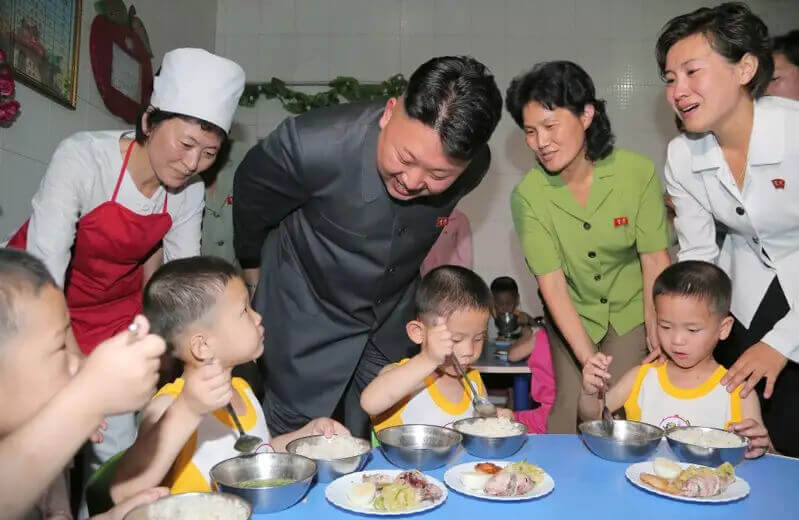North Korea’s food shortage has worsened as media reports claim that the country has even scaled back on the ration provided to military members — the regime’s priority group.
Decreasing Ration
During a telephone interview with the South Korean newspaper Dong-A Ilbo on Tuesday, a South Korean high-ranking government official said that the Kim Jong-un administration has reportedly recently decreased its daily food rations per soldier from 620 grams to 580 grams.
This marks the first time since 2000 that the secretive regime has lowered its food ration, indicating that the severity of food shortage may be more extreme than previously predicted.
"In a study published on the North Korea-focused @38NorthNK website last month, analyst @LucasRengifoKel said food insecurity in North Korea is likely at its worst since the country’s 1990s famine that killed hundreds of thousands of people."
— HanVoice (@HanVoice) February 14, 2023
Read: https://t.co/nLEHEwEqcB pic.twitter.com/ryukYxmUsY
According to the official, residents in some key cities are pressured to donate so-called ‘patriotic rice” towards military provisions reserves every two or three days.
Intelligence gathered by the South Korean government shows that the North has provided ordinary residents with a daily grain rationing of approximately 550 grams to 590 grams on average. However, soldiers are now being allocated the same amount of food as regular citizens.
Kwon Tae-jin, an economist who specialises in North Korean agriculture, noted that the regime might be running short on military provisions reserved for wars, which are usually maintained at one million tonnes.
Some sources in Seoul have speculated that Pyongyang may be facing an electricity crunch as well, as the number of military drills conducted in 2022 declined by 10% to 20% as compared to those of 2021.
South Korea’s Unification Minister Kwon Young-se told the Yonhap News Agency that the North has reportedly requested the World Food Programme for aid amid the crisis.
The North Korean government should cooperate with the United Nations and allow independent human rights monitors into the country.
— Amnesty International (@amnesty) February 8, 2023
However, he added that the country’s situation “does not seem to have reached a point where people are dying of starvation,” as was the case during the Arduous March in the 1990s.
Ongoing Crisis
Earlier this month, it was reported that the ruling Workers’ Party’s Politburo has decided to hold a large plenary session at the end of February to discuss the “urgent task” of boosting its agricultural sector — another sign of the country’s worsening food insecurity.
Experts believe the situation has been exacerbated due to a combination of natural disasters and increased global isolation due to pandemic-related border closures.

